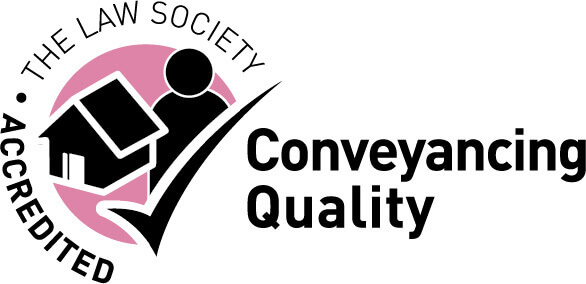 These are the more serious offences relating to drugs that can lead to lengthy custodial sentences.
These are the more serious offences relating to drugs that can lead to lengthy custodial sentences.
What drugs are illegal to supply?
It is an offence to supply a controlled drug. This includes the ones that immediately spring to mind such as heroin, cocaine and amphetamine. It also includes what are called Class B and C drugs such as steroids, khat and ketamine. Some of which may be lawful to possess but not supply.
What is supply?
The word “supply” is to be given its everyday meaning. Buying drugs on behalf of a group of people and handing them out, even for no profit, is still supply.
Handing drugs to someone else for safe-keeping may not be supply (although even that is not clear cut), but if that person holds the drugs intending to return them to the first person, he may be guilty of possession with intent to supply.
The law relating to possession of drugs is some of the most complicated criminal law on the statute book.
How do you prove an intent to supply?
The easiest way to prove this is by an admission of intent. Other ways include an assessment of the circumstances in which the drugs are held and the circumstances and behaviour of the alleged offender.
The quantity of drugs, possession of cash, drugs paraphernalia, “tick lists” or debtors’ lists, and phone records will all be considered.
What about possession?
To have an intent to supply you also have to be in possession of the drug. A person has in his possession anything which is in his physical custody or under his control; you need to have knowledge of the drugs, but you do not necessarily have to have them in your pocket or vehicle. If there is insufficient evidence of an intent to supply the prosecution may accept a plea to simple possession.
What sentences are given?
The maximum sentence for Class A drugs is life, for Class B and C it is 14 years imprisonment. If an adult defendant has two or more convictions for a Class A drug trafficking offence, a seven-year minimum sentence applies, unless it is unjust to impose such sentence.
The offence is aggravated for adults, if the offence is committed on or in the vicinity of school premises at a relevant time. A relevant time is when the premises are in use by persons aged under 18 or within one hour of the start or end of such time. The offence is also aggravated if a courier under the age of 18 is used in the commission of the offence.
The sentencing court will use the specific sentencing guidelines for drug offences. Those involved in the supply of Class A drugs are more likely to receive custodial sentences. The Court will consider factors such as quantities, the role played, whether it is street dealing or a commercial enterprise, financial gain and, as always, credit is given for a guilty plea.
Drugs offences attract some of the lengthiest prison sentences handed out in our courts.
How can we help?
We assess the evidence on your behalf, advise you as to plea and can give you an indication of likely sentence if convicted. There are a number of possible defences available that we will consider. Contact Andrew Holland on 01743 237731 or a.holland@hatchers.co.uk or Emma Lineton on 01743 237626 or e.lineton@hatchers.co.uk to discuss any criminal law related matters.




